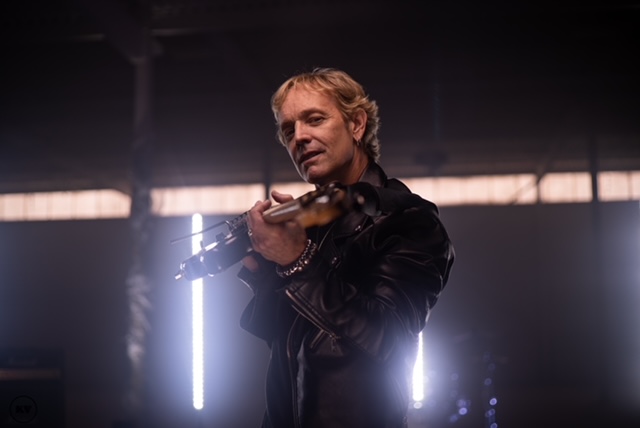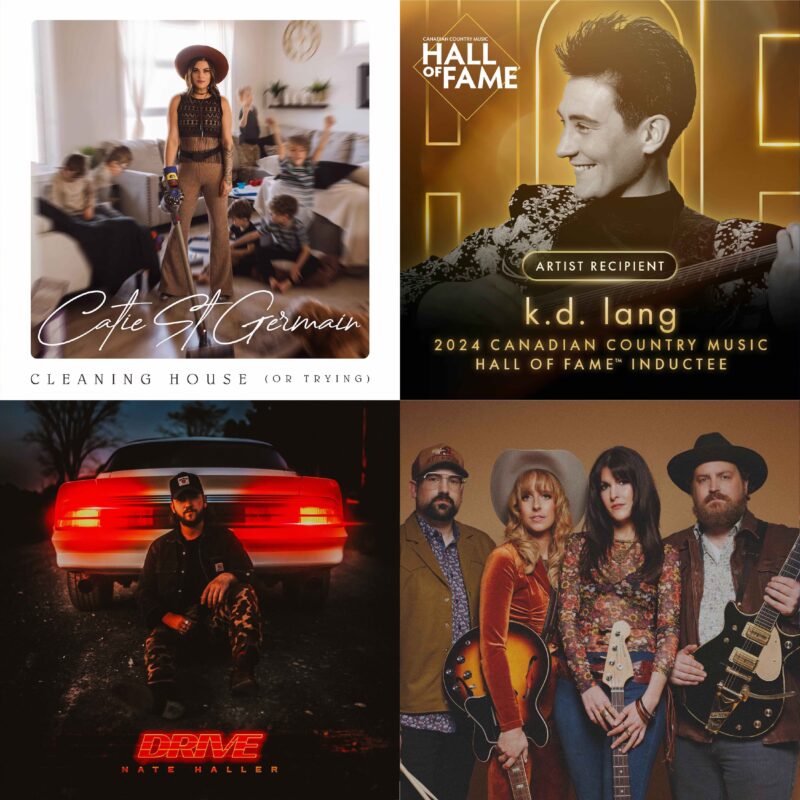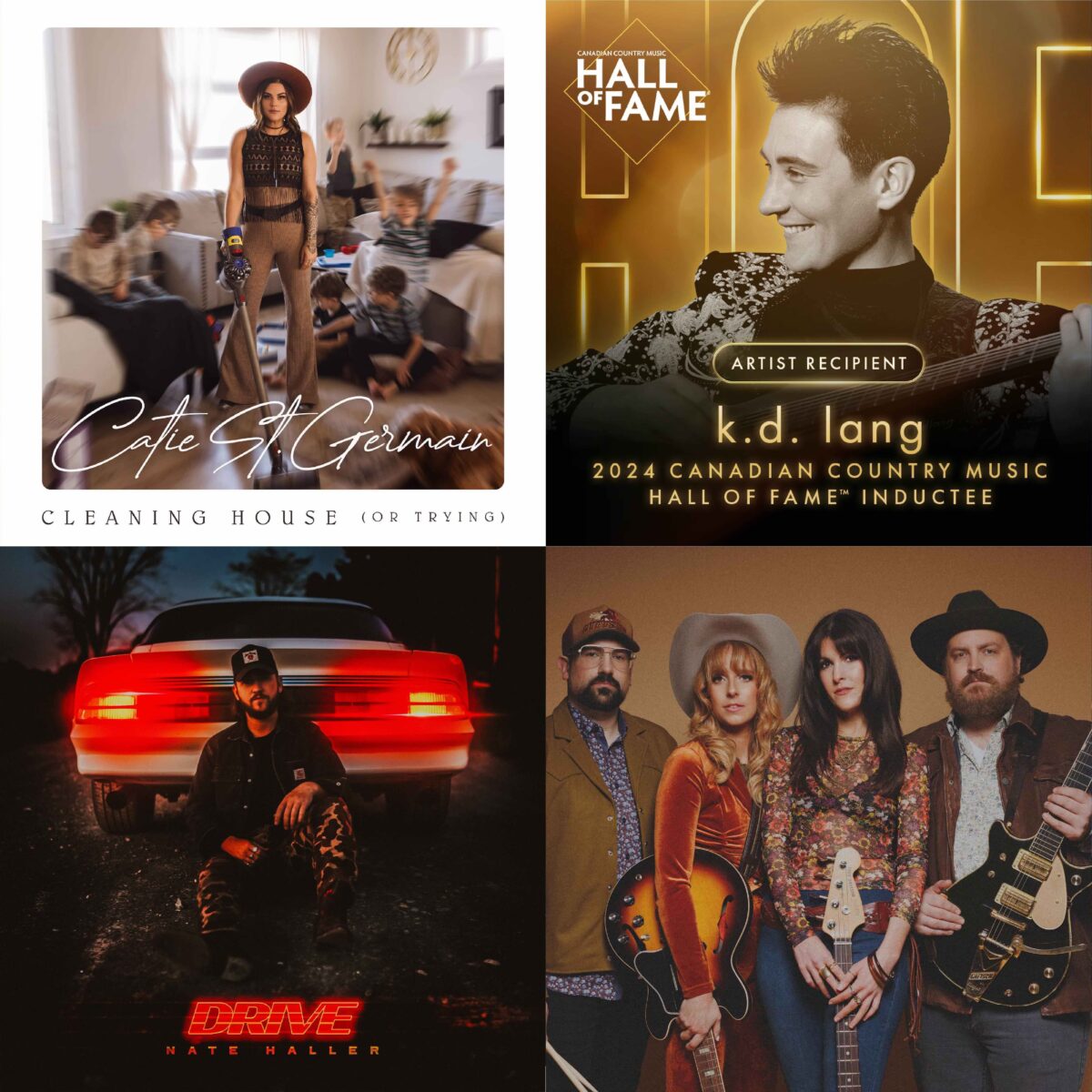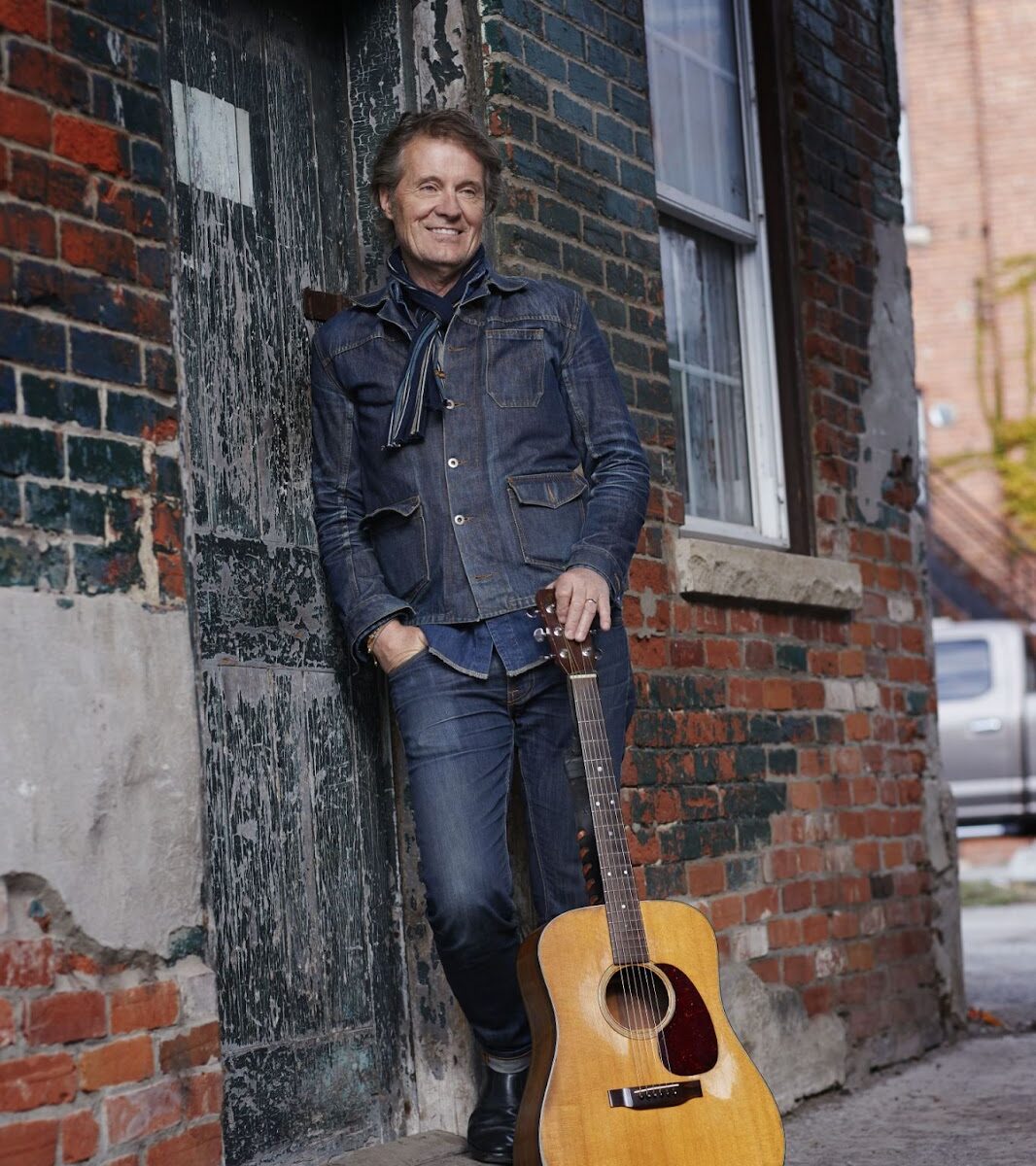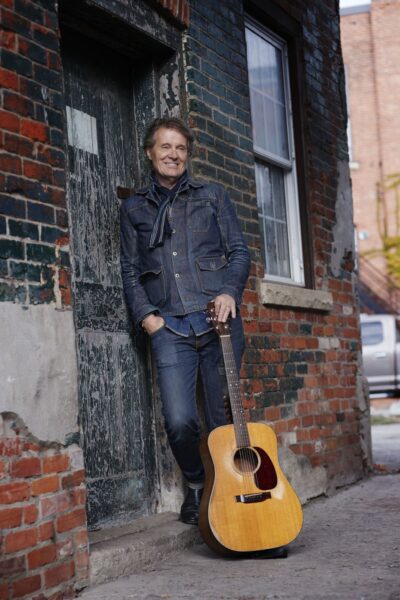Once A Star Always A Star
Ralph James is facing one of those summers.
“We haven’t had a season like this since the 2012 Winter Olympics in Vancouver,” exclaimed James over the phone from his downtown Toronto office. “We are in the middle of an incredibly busy summer.

Aside from representing festival mainstays like Nickelback, Billy Talent, Marianas Trench, The Trews, Walk off the Earth, Big Sugar, Headstones Platinum Blonde, Barenaked Ladies and 54:40 to name just a few roster highlights, The Agency also boasts many of the hot newcomers like Monster Truck, The Glorious Sons, Arkells, Gloryhound, One Bad Son, July Talk, The Lazys, and The Wilde!, battling for positions at key national festivals and on rock radio play lists.

“There’s a whole crop of new bands putting out great shows,” James enthused. “Bands that are turning in great live performances and making radio-friendly music. No question that Monster Truck are getting bigger every day, and The Glorious Sons are also having a huge year, setting up for a major tour later this year and you’ve got bands right across the country; The Wilde!, from Kelowna B.C to Gloryhound in Halifax who are all creating their own following. And the great thing is that there is enough rock radio out there to support mainstream rock.”
James had said in a previous conversation with Music Express that he feared there were so many festivals, both big and small, being staged across Canada this year, that domestic talent was being spread so thin “the bubble might burst” but in a follow-up conversation, he wanted to clarify that statement.
“There is the danger of a push back because there is an unbelievable number of festivals taking place this summer,” noted James. “Yes you have your big-ticket shows like The Stones, U2, The Foo Fighters and AC/DC doing some crazy business and Canada hosts some of North America’s biggest festivals like Pemberton, Squamish, the Ottawa Blues Festival and festival d’ete in Quebec but the concert festival business is still very risky. “The ones that seem to get into trouble are the ones that try to grow too big too fast. Some people like Brad Jones in London Ontario have a great downtown site that works and he continually pulls 8,000 to 10,000 people every year and it succeeds because there’s a consistency about his shows. But there have been a couple of other festivals that have tried to be bigger than they really are.”
“Some promoters take a gamble on bringing in much bigger artists than they can handle, these are the guys who tend to get into trouble,” continued James. “Producing festival concerts is a risky business, there are no guarantees. You have to contend with the weather, whether there’s competition, slow advance ticket sales and many other different factors. At the end of the day, you have to have a realistic expectation of what the draw for your event is going to be. Is it a family-oriented event, is it an EDM event, a rock event; the key to success is being consistent. If promoters deliver a great experience, people will appreciate that consistency and will support the event. If the beer is cold and the hotdogs are hot and the promoter delivers an event, people will shell out their money.”

Launched in London England in 1981 by Neil Warnock, a top-notch booking agent who had worked with the likes of Led Zeppelin, Pink Floyd and Michael Jackson, The Agency Group eventually rolled out around the globe to also encompass offices in Miami, Nashville, Los Angeles, Toronto, New York and Malmo, Sweden.
James, an aspiring bass player, began his music career in Winnipeg in 1975, joining forces with lead vocalist George Belanger, guitarist Glen Willows, keyboardist Gary Golden and drummer David Budzak to form Harlequin. Accidentally discovered by associates of ace producer Jack Douglas, who had originally gone to scout out Goddo playing at Toronto’s Gasworks nightclub, couldn’t gain admission to the packed venue, so went upstairs and stumbled on Harlequin, The Douglas connection helped the band sign to Columbia Records and they released four albums between 1980 and 1985 including a Gold-selling (50,000 units) `Love Crimes’ which featured the band’s two biggest hits; “Innocence” and “Thinking Of You”.
When the original lineup dissolved after their self-titled 1985 release, James “went to the other side” becoming a booking agency in 1987. When Warnock decided to expand his organization to Toronto in 1996, James and co-partner Jack Ross were up for the challenge and have since developed the Toronto office as a key component of Warnock’s global operation. James has been personally feted with a Hall Of Fame achievement award by the Canadian Music Industry which has also bestowed 15 agency-of-the-year awards on his company along with The Agency receiving several Canadian Country Music Association citations.
So what is the magic formula for an aspiring band to attract the attention of James and his Agency cohorts (or TAG as they are known in the industry). “I need to see that they are far enough along, they have to be better than average,” observed James. “I signed a band at Canadian Music Week called Palaye Royale, a phenomenal young band, great songs and great performers already. Same when we signed The Glorious Sons, Gloryhound and One Bad Son, they were already taking shape, they just needed more experience.”
“To crack our lineup, bands need to have all the components,” continued James. “They need to have their material, they need to have their show developed and having some kind of following is great, but we can help with that. But having their heads screwed on right is the final component because we just don’t have time to babysit them.”
Away from the summer festival season, James admits it is tough to grind out a living on the club circuit, especially with an absence of successful rock clubs. Yet the onus is on the band’s themselves to develop to the point where they can sell a hard ticket.
“Rock exclusive clubs are few and far between but there are venues in Toronto like The Hideout, Lee’s Palace, The Bovine Club and the Horseshoe that will book rock bands,” James noted. “These clubs don’t pay anything but their formula is ticket price x capacity x attendance, break out the expenses and that’s what’s left – which isn’t much! Unless you are in the inheritance business, you will need a second income to survive. It’s not anyone’s responsibility to pay for your living while you hone your craft. It’s up to you to develop a product to the point that people will pay to see you perform and you can start earning a living.”

So as a former top-selling musician who became an established booking agent, what advice can he pass along to budding musicians who are chasing that dream in the spotlight?
“I don’t forget what it was like to be an artist. Remembering the trials and tribulations, the thrill of victory and the agony of defeat to use a sports cliche,” James concluded. “Not forgetting what it was like to be in that van travelling across Canada and being broke all the time. That was plenty of incentive for me.”

